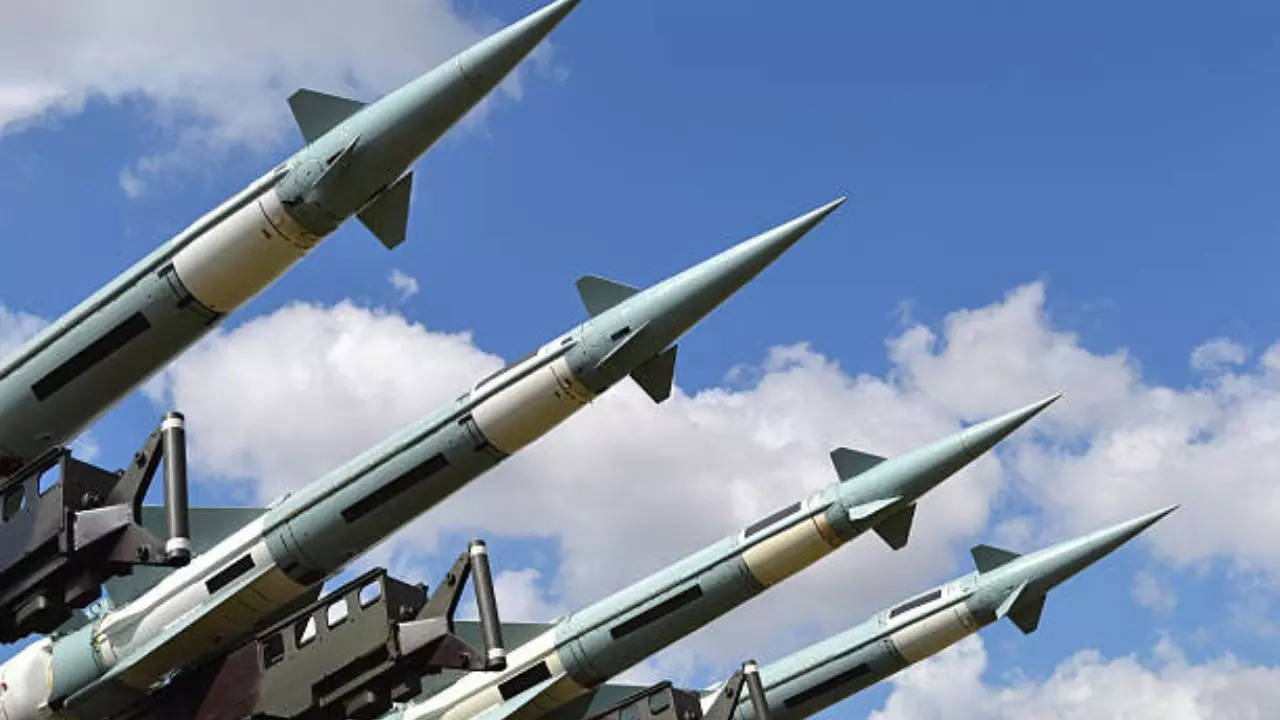
China opted out of the 'Blueprint for Action' agreement, which aims to ban Artificial Intelligence (AI) from managing nuclear weapons. The agreement was adopted during the Responsible AI in the Military Domain (REAIM) summit held in Seoul on Tuesday, with the presence of over 100 nations, including the United States.
The agreement is not legally binding and aims to ensure that humans retain control and involvement in all decisions related to the use of nuclear weapons.
"AI applications should be ethical and human-centric," it said.
Calling AI a "double-edged sword," South Korean defence minister Kim Yong-Hyun, as reported by AFP, said, "As AI is applied to the military domain, the military's operational capabilities are dramatically improved. However it is like a double-edged sword, as it can cause damage from abuse."
South Korean defense minister Kim Yong-Hyun referred to AI as a "double-edged sword," stating that while its application in the military significantly enhances operational capabilities, it also poses risks of harm if misused.
The declaration issued at the summit did not include any specific provisions for sanctions or penalties in the event of violations.
The declaration acknowledged that substantial progress is required for nations to keep up with rapid advancements in military AI technology. It underscored the importance of continued dialogue among states to develop well-defined policies and procedures.
The Seoul summit, co-hosted by Britain, the Netherlands, Singapore, and Kenya, builds on the first event that took place in The Hague in February last year. It presents itself as the "most comprehensive and inclusive platform for addressing AI in the military domain."
Notably, ussia was not invited to the summit because of its continued invasion of Ukraine.
While the ‘Blueprint for Action’ published this year was broader, the signatories fell from 100 to 60. The declaration billed itself as the “most comprehensive and inclusive platform for AI in the military domain”, as per AFP

